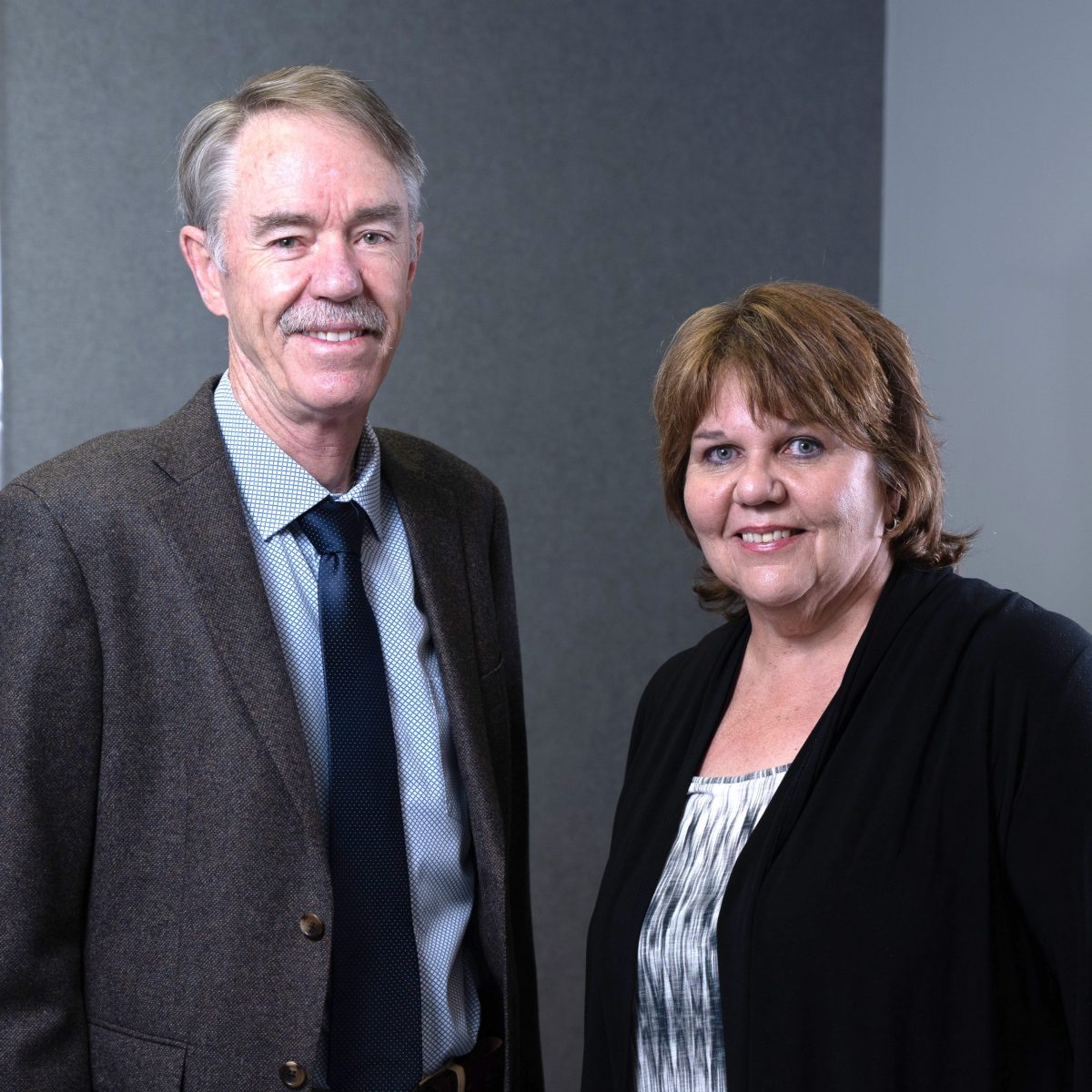

South Africa‘s black practitioners in the property development sector have no qualms about an amendment of the Constitution to expropriate land without compensation, but they want certainty over the policy and decisive action if it is to be implemented.
Nkuli Bogopa, president of the South African Institute of Black Property Practitioners (SAIBPP), says that government needs to be decisive on the issue of land reform policy for investors to make informed decisions. “The changes to the Constitution or the amendments that have been proposed, in isolation, will not achieve anything. We think they should always go hand-in-hand with legislative frameworks that make things possible, and they should also go with actual implementation,” Bogopa said in an interview with ANA.
“So [land expropriation] should be implemented, and let’s execute and let’s see what happens going forward. But right now there is so much fear to take decisive action.” The land debate took another twist this week after Afrikaner lobby group AfriForum published a list of 195 farms alleged to be on the radar of the ANC-led government for expropriation without compensation.
Parliament’s joint constitutional review committee has completed its countrywide public hearings into the proposed amendment of section 25 of the Constitution, which will pave the way for government to expropriate land without compensation in the public interest. The debate has been a source of great anxiety for many.
Bogopa says SAIBPP, an advocacy group of more than 500 black property practitioners and property owners advocating for socio-economic transformation within the property sector, needs to face these burning issues head on. Bogopa says all stakeholders, including government, civil society and the private sector, need to have all hands on deck to make the land reform policy a success.
“They mentioned that there was little participation of the financialservices sector and those stakeholders that are critical at the Land Summit, they can’t stay away from these conversations and then want to send the wrong message. They have to be in those conversations to unpack how these things should be done so that all stakeholders are able to find balance,” Bogopa says.
“Developers are going to be jittery and investors are going to be jittery for as long as we have not unpacked the how. At SAIBPP we are very specific to say urban and spacial transformation is not a new policy, it’s there within the Department of Human Settlements, it just needs to be implemented.”
More news
- CELEBRATING EXCELLENCE IN THE RESIDENTIAL PROPERTY SECTOR
- PART 4: GIBS PANEL DISCUSSES INTEMEDIATE CITIES ROLE IN AFRICA’S DEVELOPMENT
- EXPOSED AGGREGATE PAVERS COMPLEMENT NEW LIFESTYLE CENTRE
- GIBS PANEL EXPLORES ROLE OF INTERMEDIATE CITIES IN SA’S DEVELOPMENT PART 3
- CITI-CON’S CONCRETE KNOWLEDGE SUCCESSFULLY DEPLOYED ON NEW LANDMARK DEVELOPMENT





